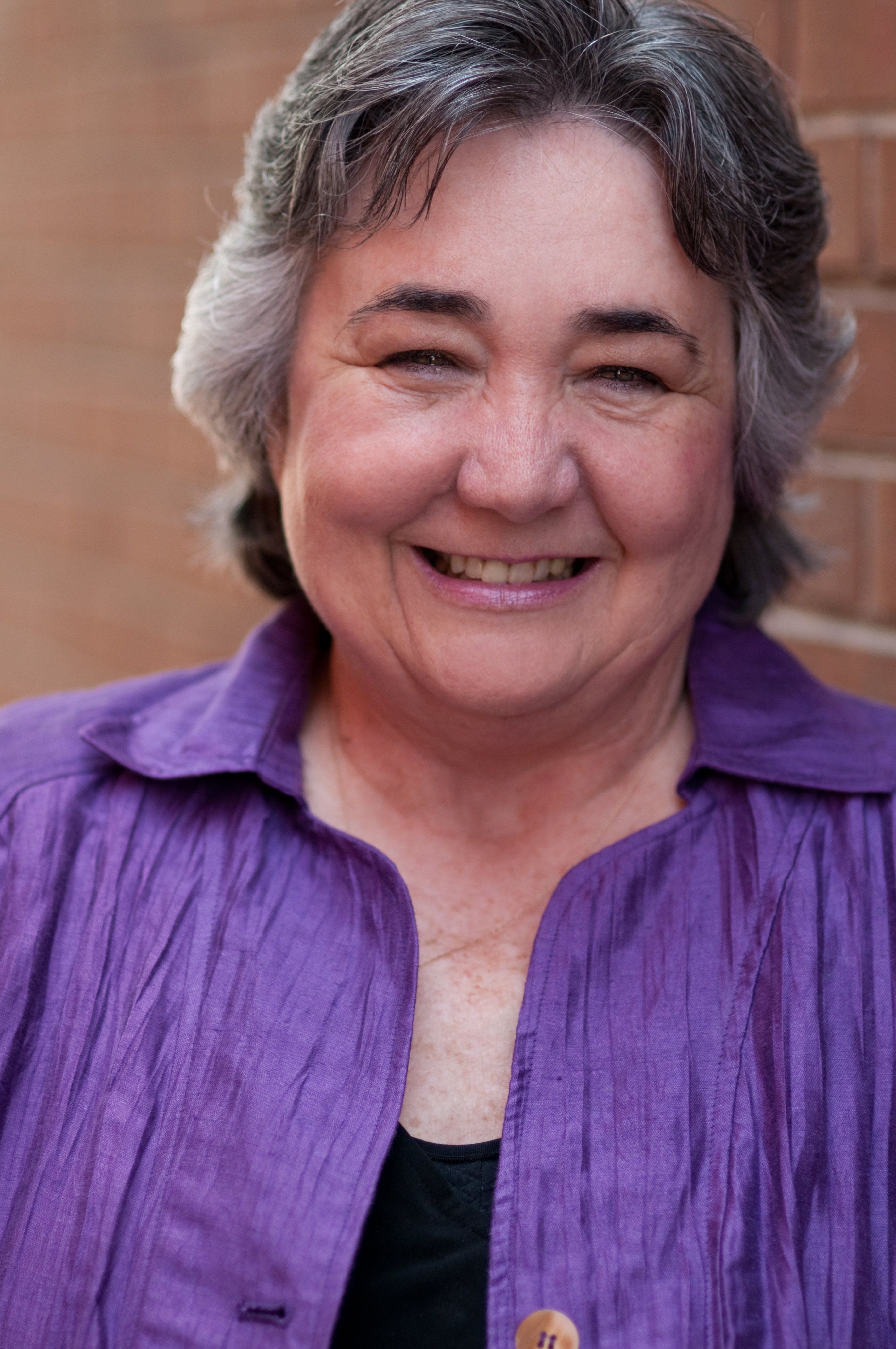I want this message to challenge the reader as much as it has challenged me. I want this, not just because misery loves company, but because I believe the Church at large is in danger of being washed away into irrelevance in the aftermath of COVID. I have noticed a malady affecting me that has grown in strength over the past couple of years. I am having to fight it because I think it is antithetical to the Lord’s purpose in our lives.
I have a reminder on my phone every morning. I wake up to the first item on my calendar which says, “Hello, Mary! What are you fighting for today?”
What I am fighting for daily is different, depending on the agenda for the day. But one thing is a recurring passion: I want the Church to fulfill its purpose in the world – I know that we are promised that in fact, it will do so……, because God says so: “My purposes will be accomplished says the Lord” (Isaiah 46:11, RSV).
My passion is more correctly stated as, “I want to be part of the solution for what ails the world; I don’t want to be swept aside in irrelevance in the Lamb’s War to restore the world to Himself.”
But increasingly I find myself swamped with ready excuses; ways I seem to try to make serving the Lord easier, more convenient.
Convenience has too many beneficial uses, too many positive roles to be simply dismissed. But it also has too much power – too powerful an influence. We can be seduced by convenience without realizing it, (even seduced away from what we would really prefer if what we prefer wasn’t just so Inconvenient!) (Michel)
In the intro to her Christianity Today article, Feb 7, 2019, Move Over, Sex and Drugs. Ease Is the New Vice, Jen Pollock Michel, writes:
According to recent research, teens (our grandchildren and great grandchildren) are starting their sex lives a lot later. Despite shifting cultural norms and new sexual freedoms, our youngest and most virile are apparently having less sex—at least for now. Sociologists and social commentators debate whether the trend is temporary and whether it marks a healthy or unhealthy societal shift. But it’s possible that the so-called sex recession offers evidence of a wide, disturbing trend that has nothing to do with sex—one that is particularly endemic to our cultural moment. The trend bears witness to the ways that we’re increasingly finding embodied life “tiresome.” (In Japan, that’s the word many younger Japanese people use to describe intercourse: mendokusai.)
“Our apparent fatigue with bodily living extends to other areas, as well. Two years ago, in response to declining cereal sales, market researchers went looking for answers to why younger people were opting out of the convenience food that had fed their parents and grandparents. According to The New York Times, researchers found the reason: Breakfast cereal—with the whole bother of bowl and spoon—involved far too much work. “Almost 40 percent of the millennials surveyed by Mintel for its 2015 report said cereal was an inconvenient breakfast choice because they had to clean up after eating it.”
“The decline in sexual activity and cereal sales hardly seem correlated, but both seem to point to one of the most seductive promises of a technological age: that ours should be an unbothered life. As our lives (at least in the developed world) get easier, we are increasingly formed by the desire for ease. Of all the cautions we raise about technology—its distractions and temptations, its loneliness and superficiality—this promise of unencumbered living is perhaps the most insidious danger and also the one we talk the least about.” (Michel)
Jen Michel’s “Self-Assessment” …… Her confession, really!
“I confess that it does seem harder to make a physical effort to interact with my sphere of friends and neighbors. Texting and email are so convenient. Have you noticed anything like that?”
In an online comment following her article, a man wrote: I find it too easy to excuse myself from putting more effort into face-to-face conversation, meals together and availability just to talk or listen with a friend, neighbor, or brand-new acquaintance. How about you? Maybe I’m the only one but I don’t think so. (Dick Stannard February 11, 2019)
“And what and who do we become when we no longer bother?” (Michel)
As I ponder Michel’s question, I come to a core truth: who we are is the main question for us as Christians. I believe that the enemy of our souls is pleased with keeping us from reaching our potential individually and as a community of believers. Either way, the ultimate purpose for which we were created is thwarted… by many things, different for each of us. But for an increasingly large number of us, it is the anesthetic of too much convenience, decisions made looking out of the window never venturing out of our comfort zone. And in the meantime, it becomes more and more bothersome to engage in love of God and love of one another—our highest calling. Jenn Michel makes a point in her article that pulls it all into focus for me:
“I am increasingly conscious of the bother of physicality—increasingly conscious that there is no way to love others without it. My children have an unrelenting need for breakfast, lunch, and dinner, and I am, many days, irritated that I should have to feed them something other than Ramen, despite their happy clamor for it.
“In theory, I want to love. In reality, I want it to tax me less.” (Michel)
And yet. . . . . . . God loves…. In reality.
“God entered the bother of embodied life. As a boy, he was subject to the slow agony of growing up. As a man, he was harangued by crowds, touched by lepers, and kept awake on sleepless, hungry nights in prayer. On the night of his arrest, Jesus took up the bother of the basin and towel, washing the feet of his disciples, even those of his betrayer. He carried that bother all the way to his execution for the sake of love.” (Michel)
God could have found a more convenient way to save us, couldn’t he? Why didn’t He? Jesus could have found a more convenient way to do his part; even in his humanity He asked for another way. “Father if there be any other way, let this cup pass from me….. nevertheless, not my will….” (Luke 22:42)
Following Jesus is not convenient.
What am I fighting for today?
I am fighting to stay focused on following Jesus, however inconvenient that might be.

Mary Heathman
Founding Director
Mary often characterizes herself as “a seeker of Truth” and has a long-standing fascination with human behavior and motivation. Her education consists of lay and discipleship counseling, independent study about the integration of psychology and theology, counseling and human sexuality. She also holds a BS in Human Services and an MA in Psychology from Regis University.
Mary attends a Friends (Quaker) Church.
Make a Difference in Someone's Life
If you enjoy reading WGA’s blogs and would like to show your support, please consider making a donation. Where Grace Abounds is a 501(c)3 non-profit organization. The majority of services, including support groups and discipleship counseling, are provided free of charge. Your financial gifts help to cover the costs associated with offering a free program to those who seek WGA’s services.

